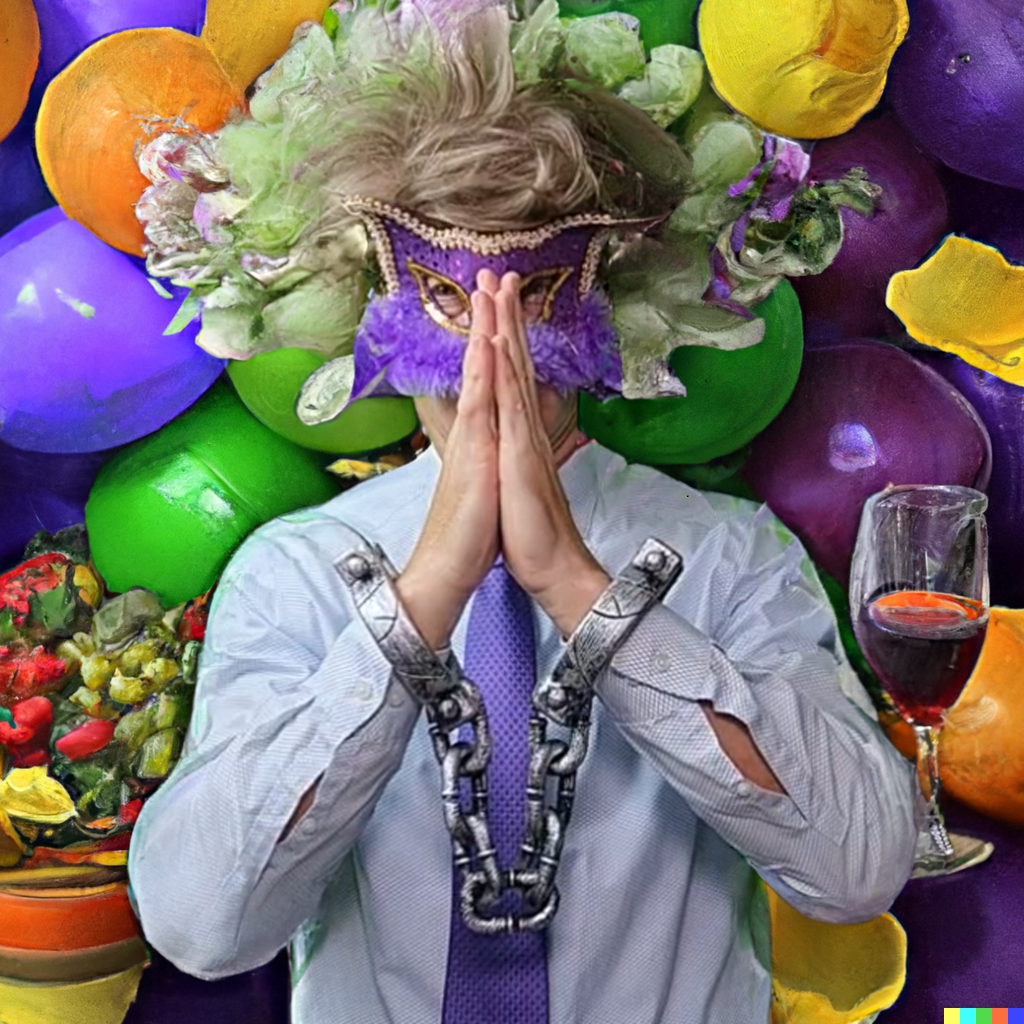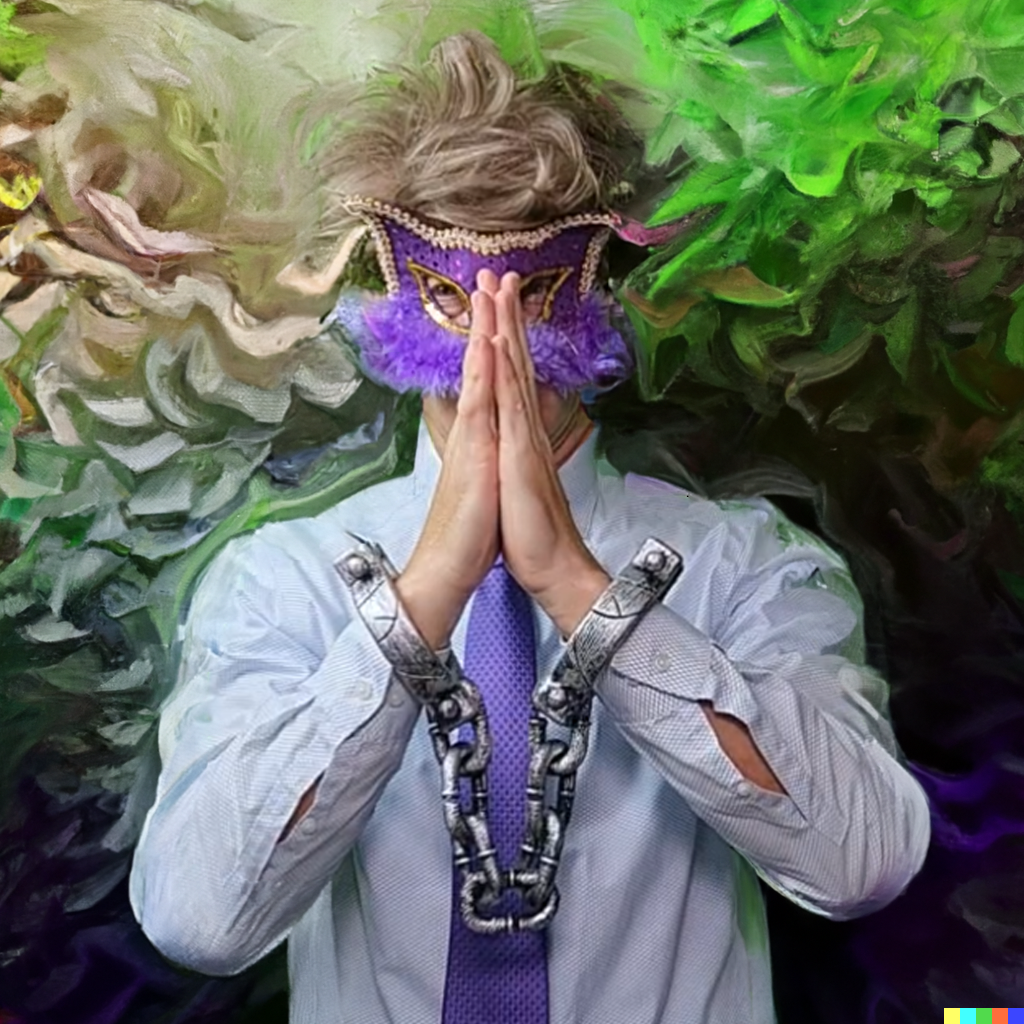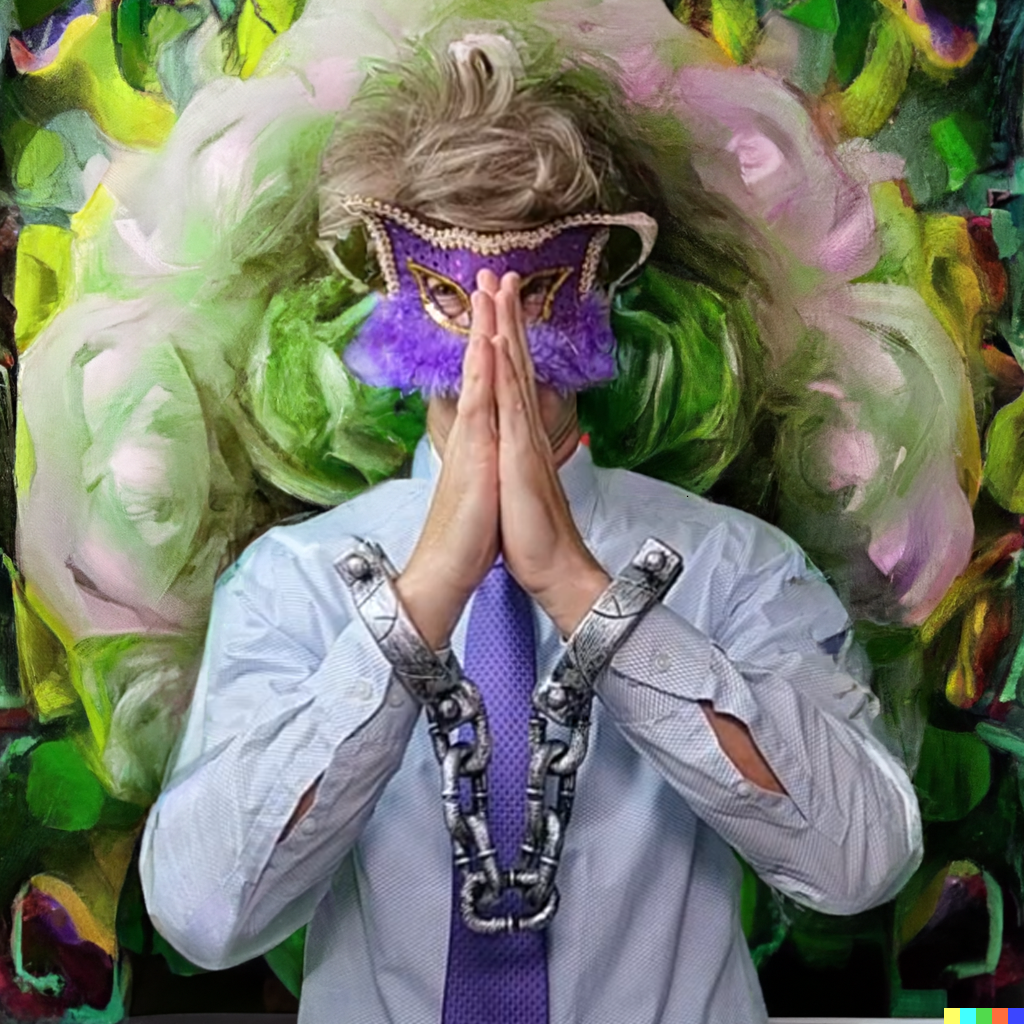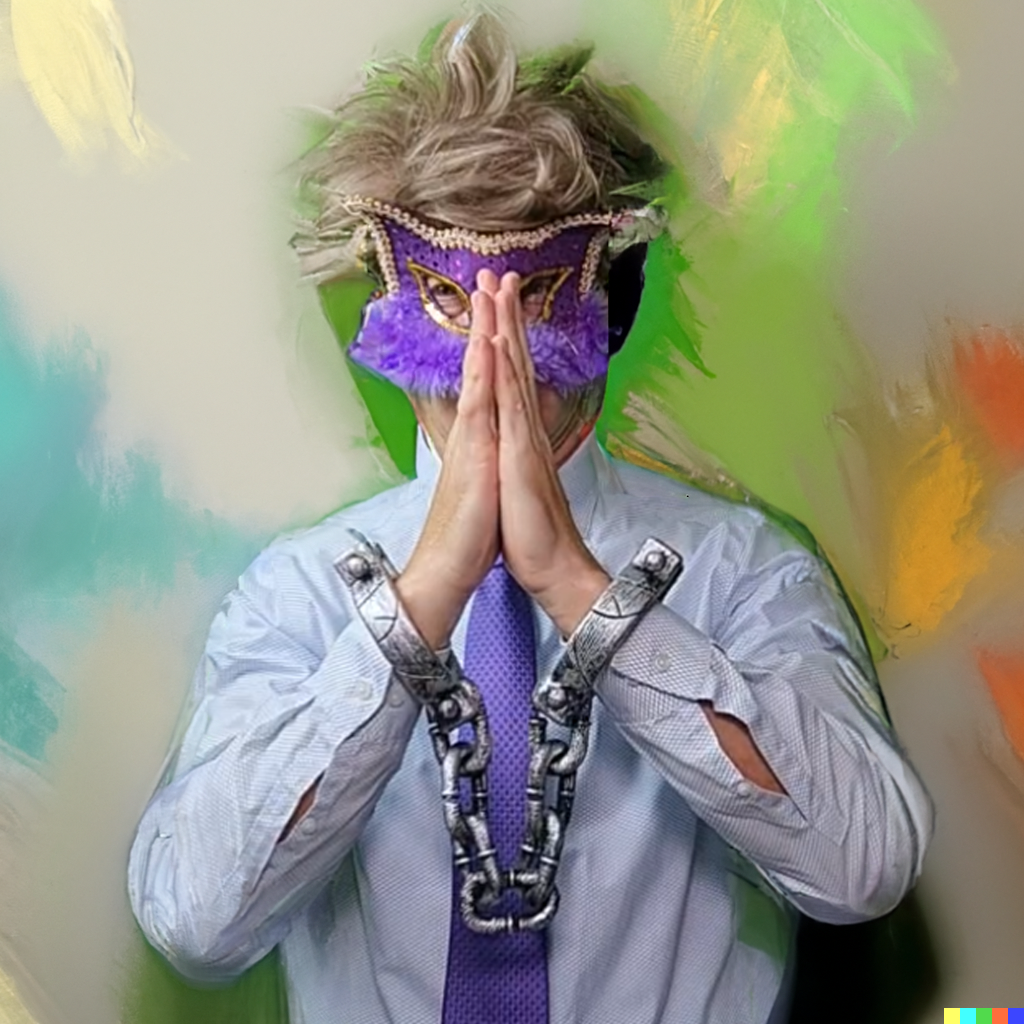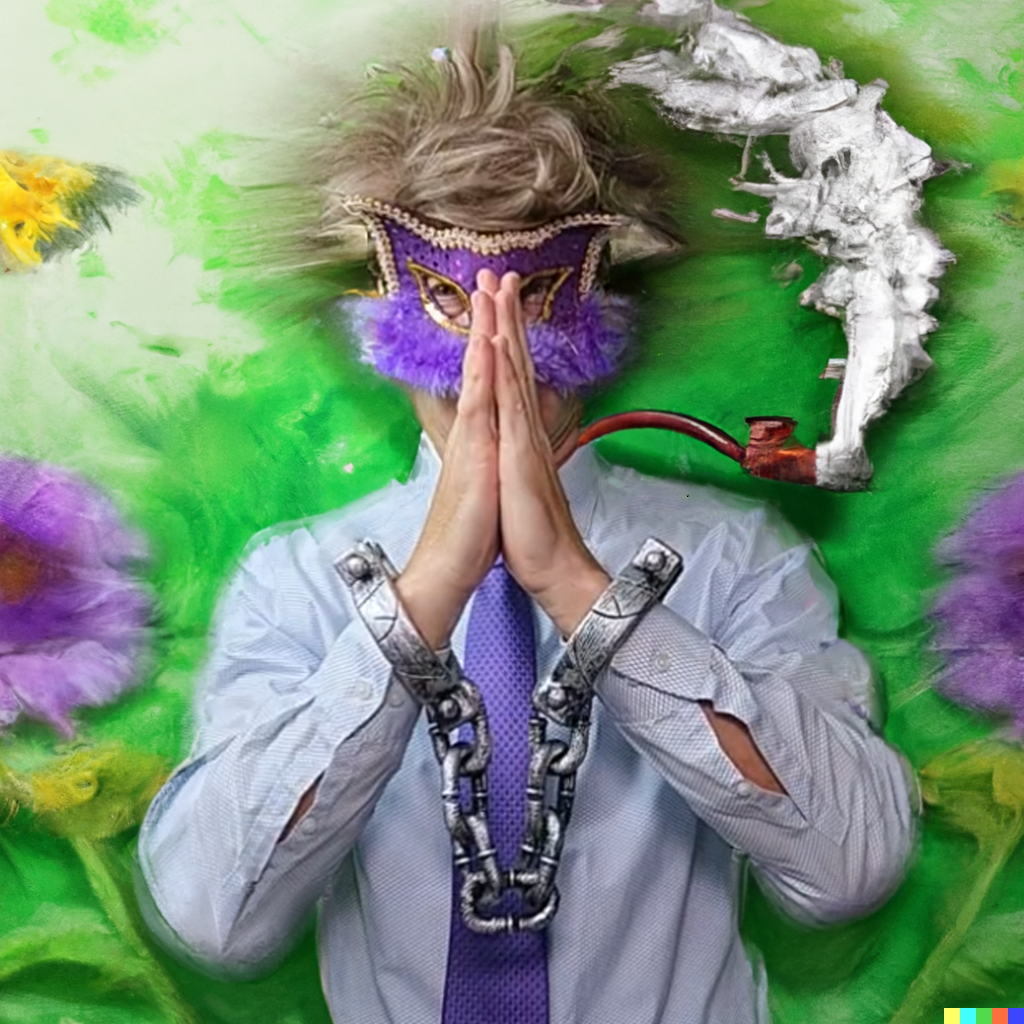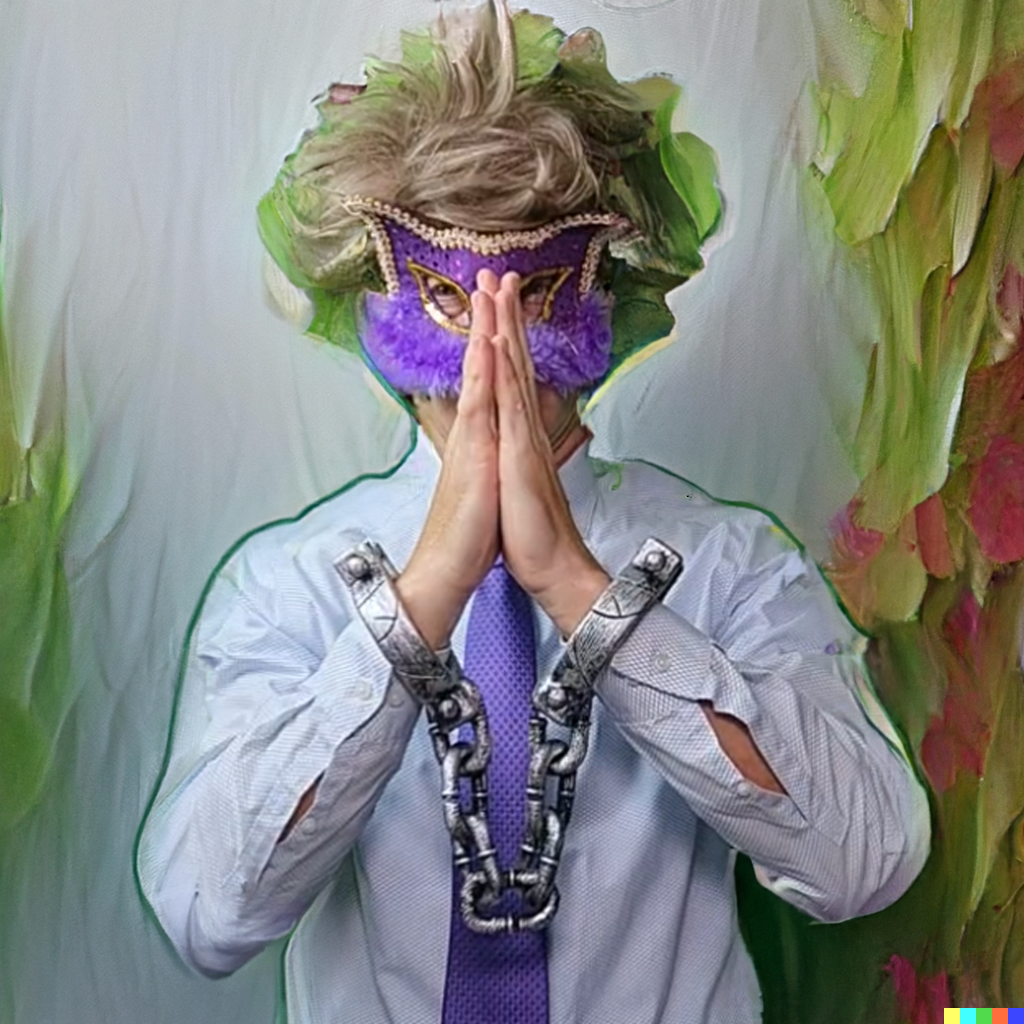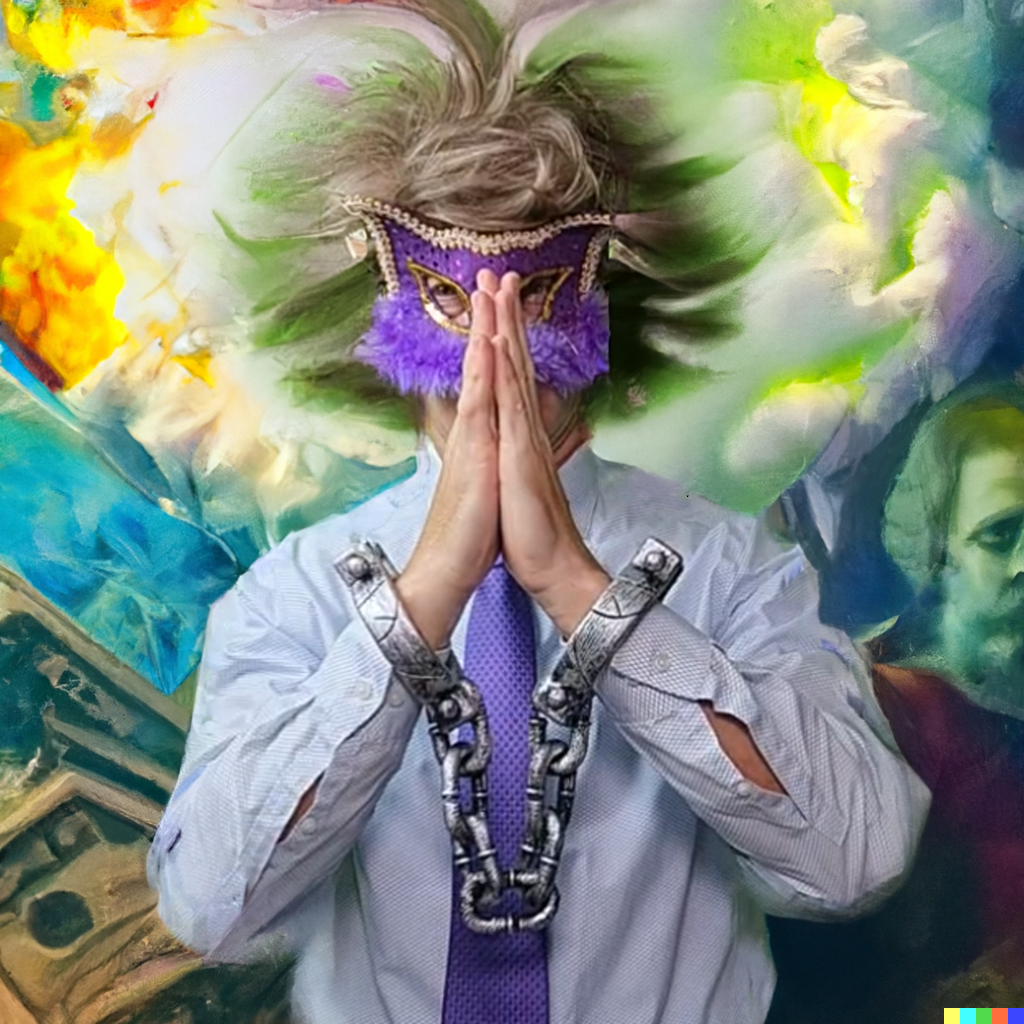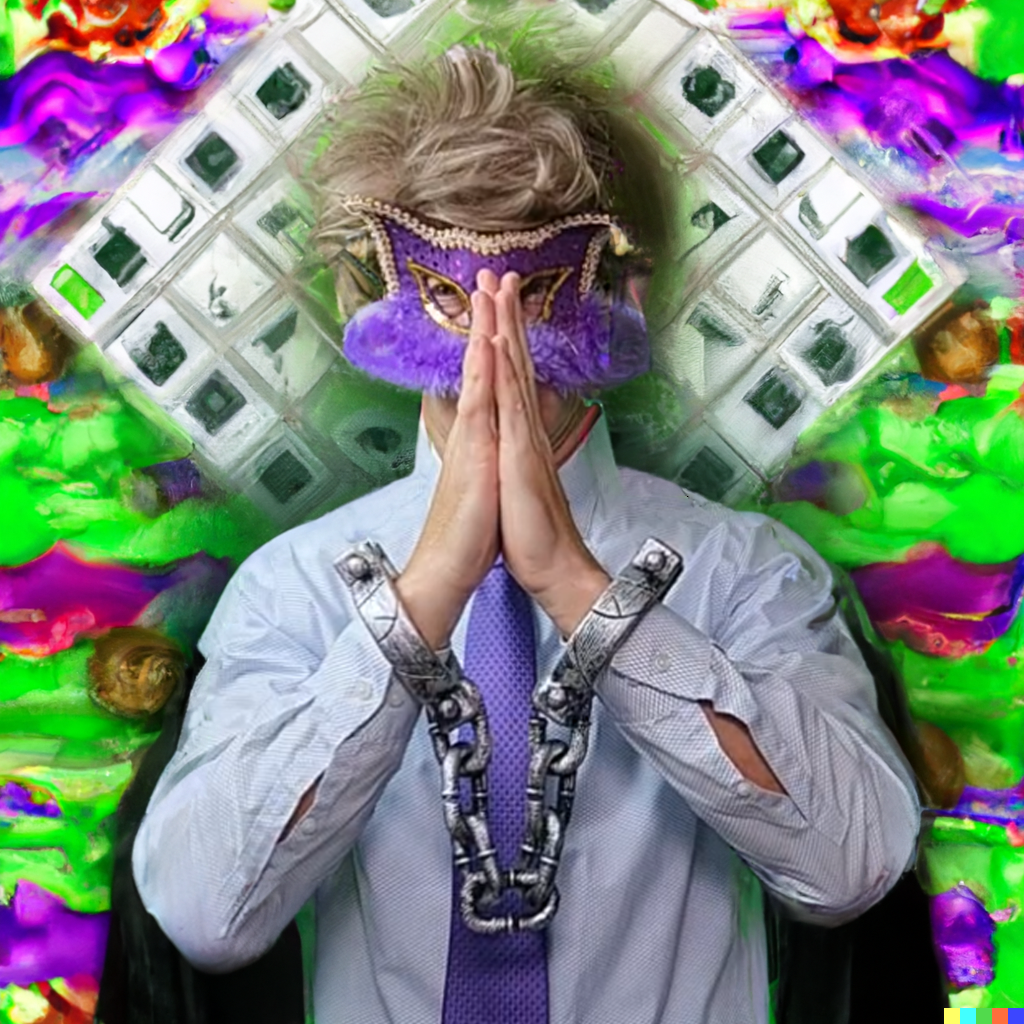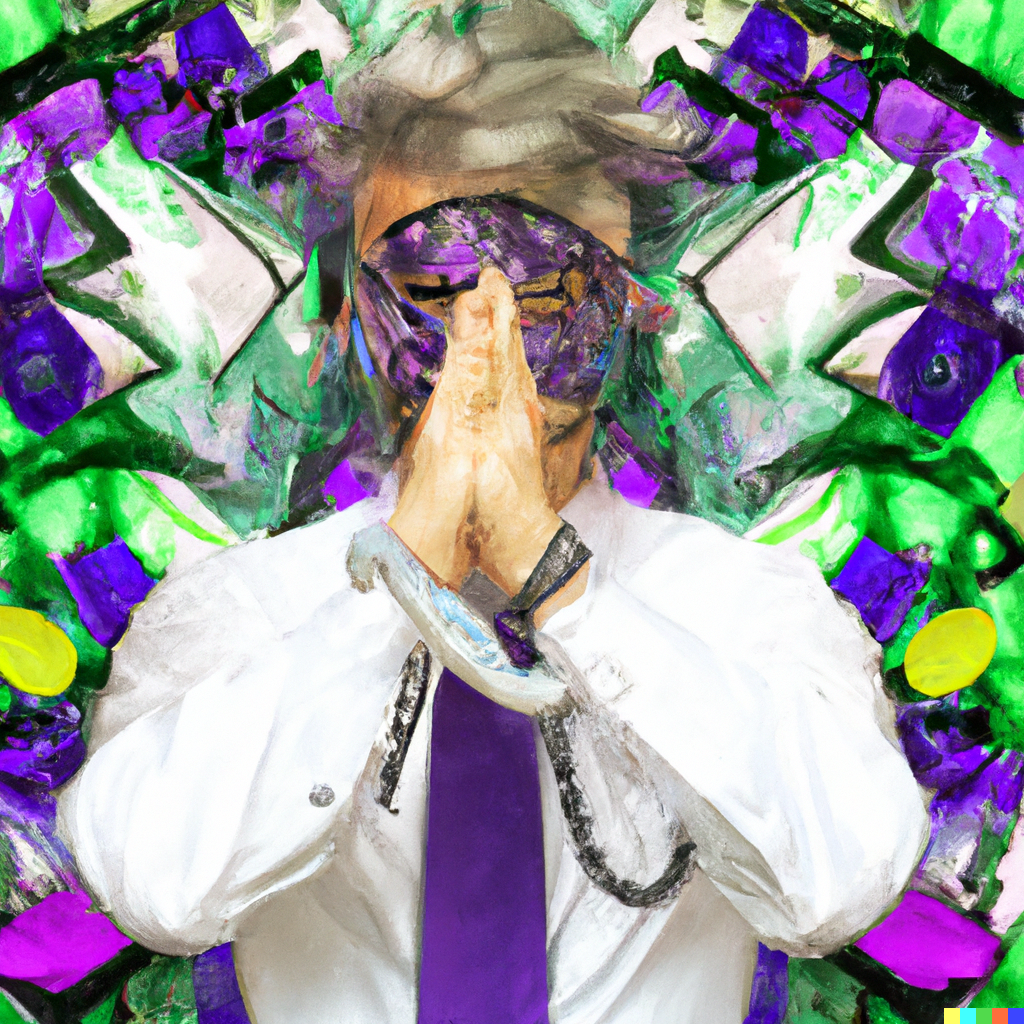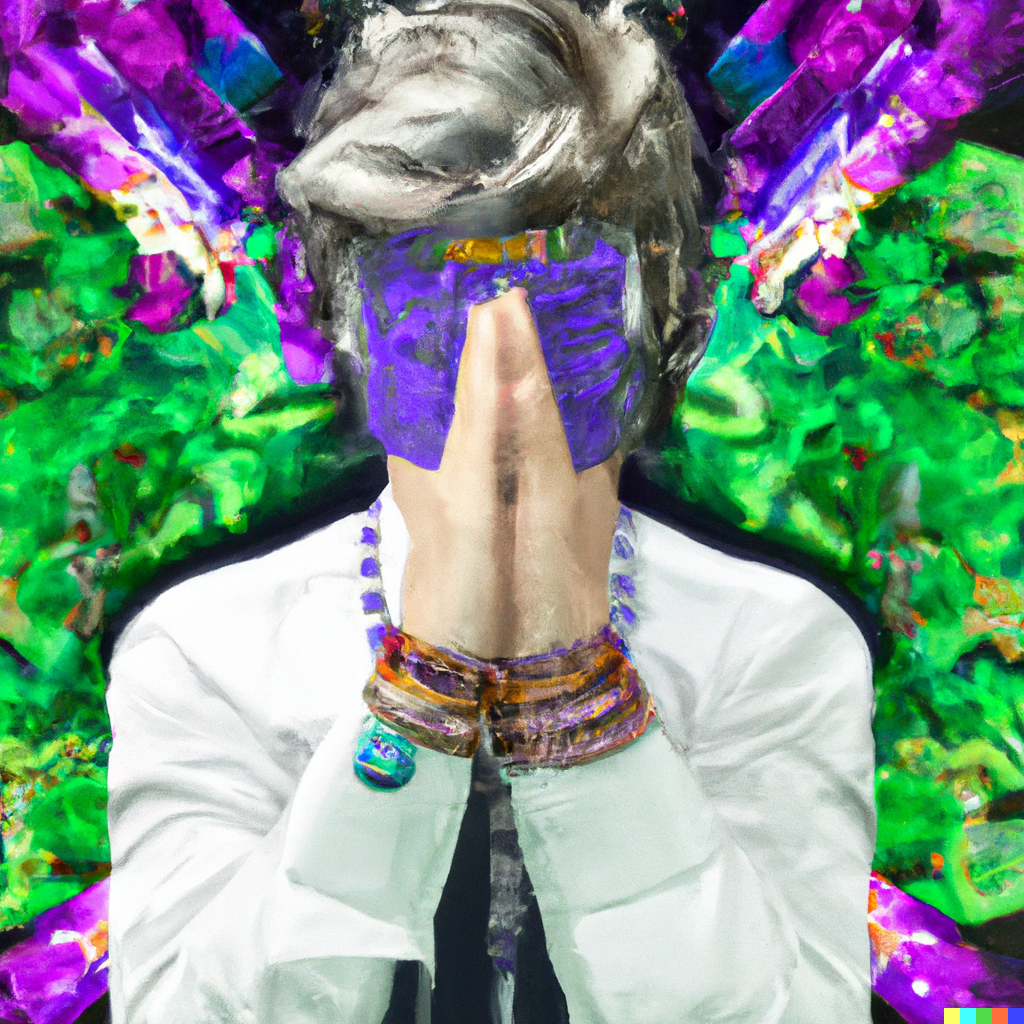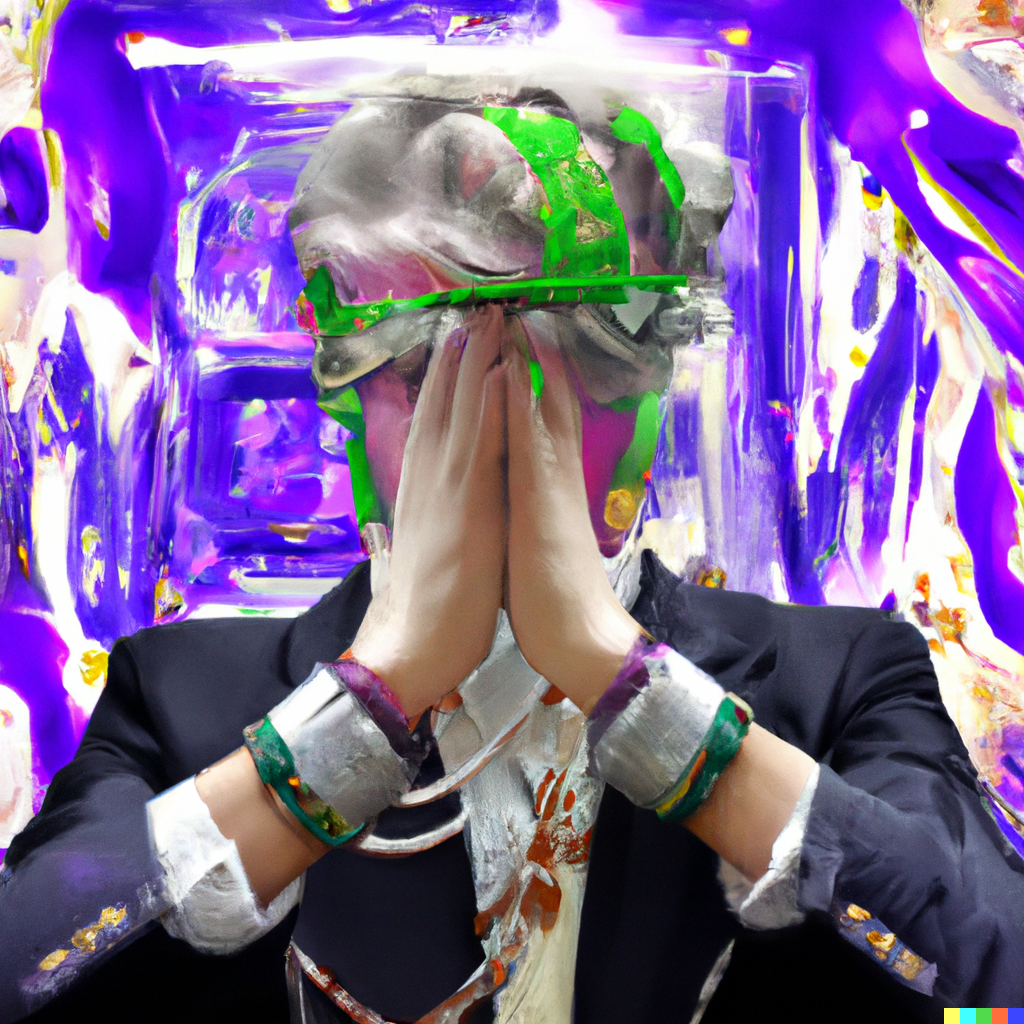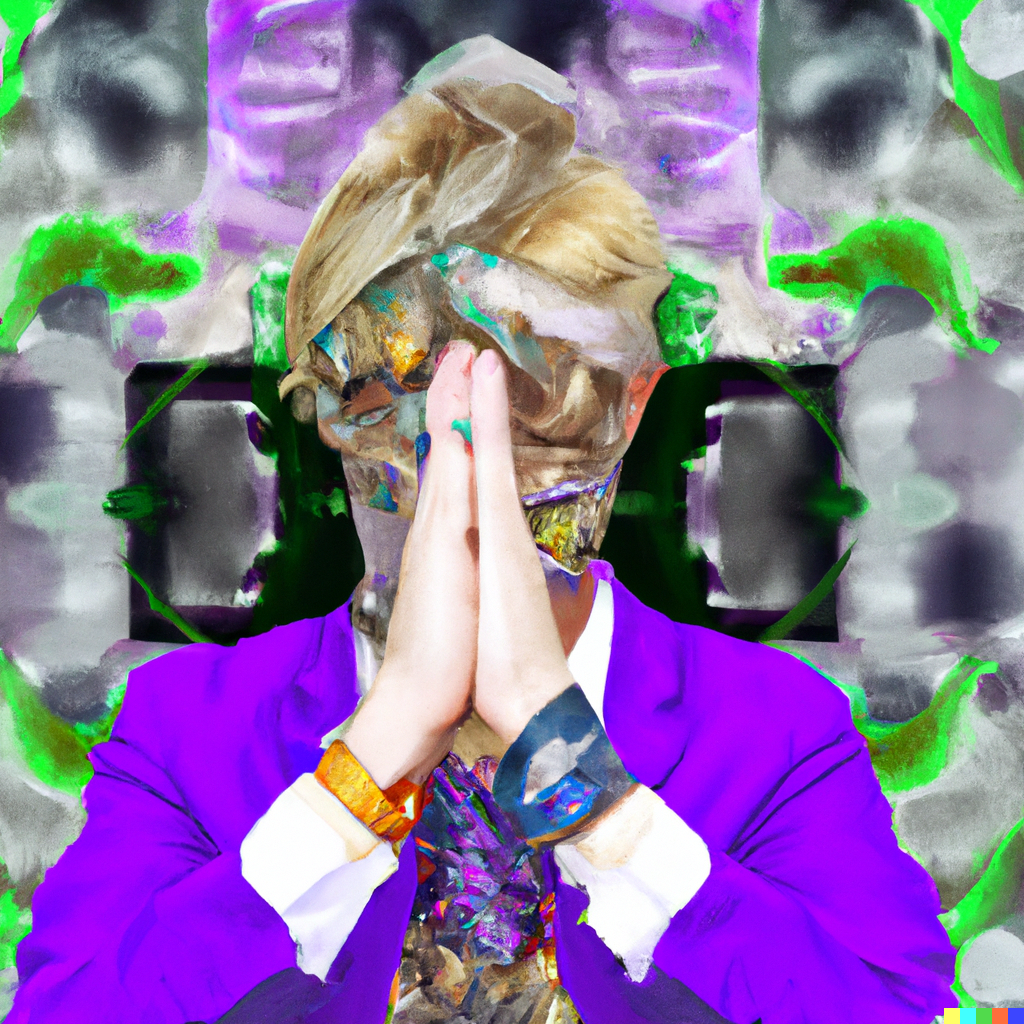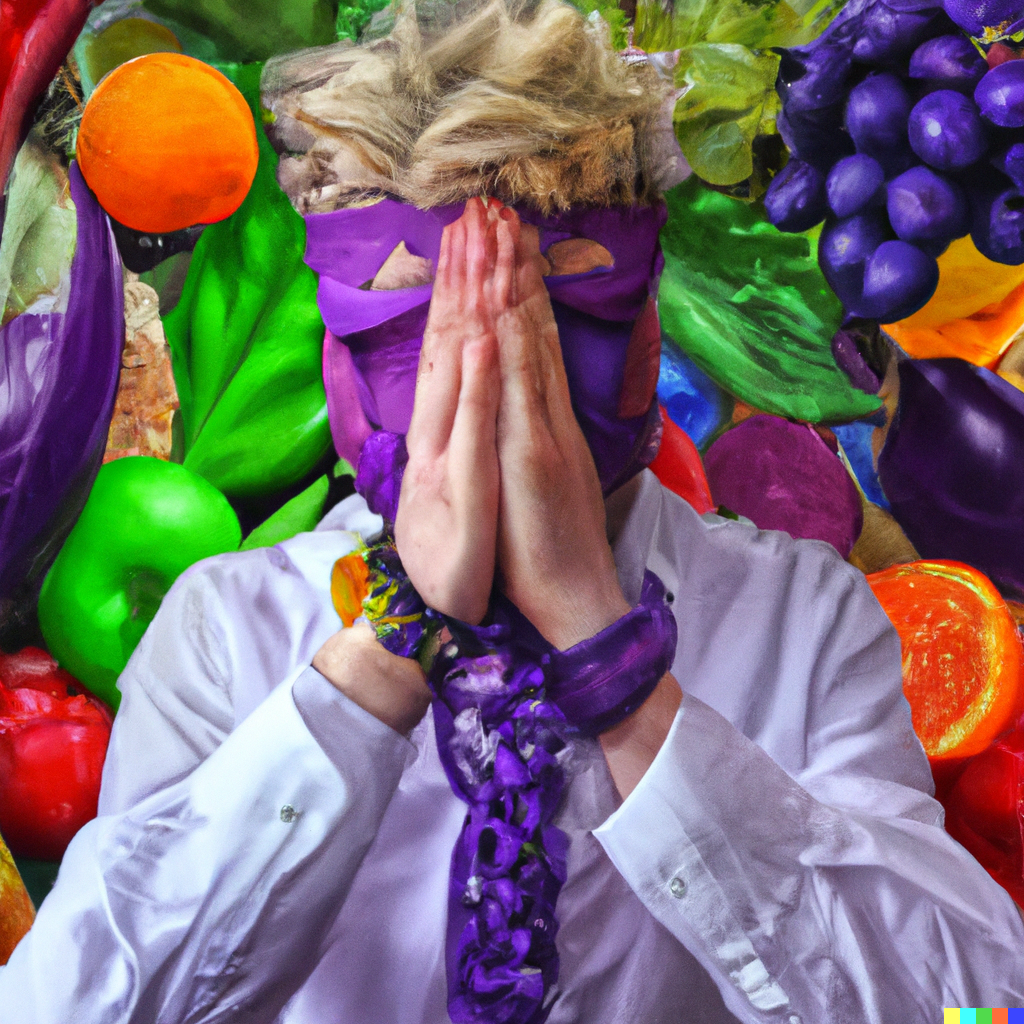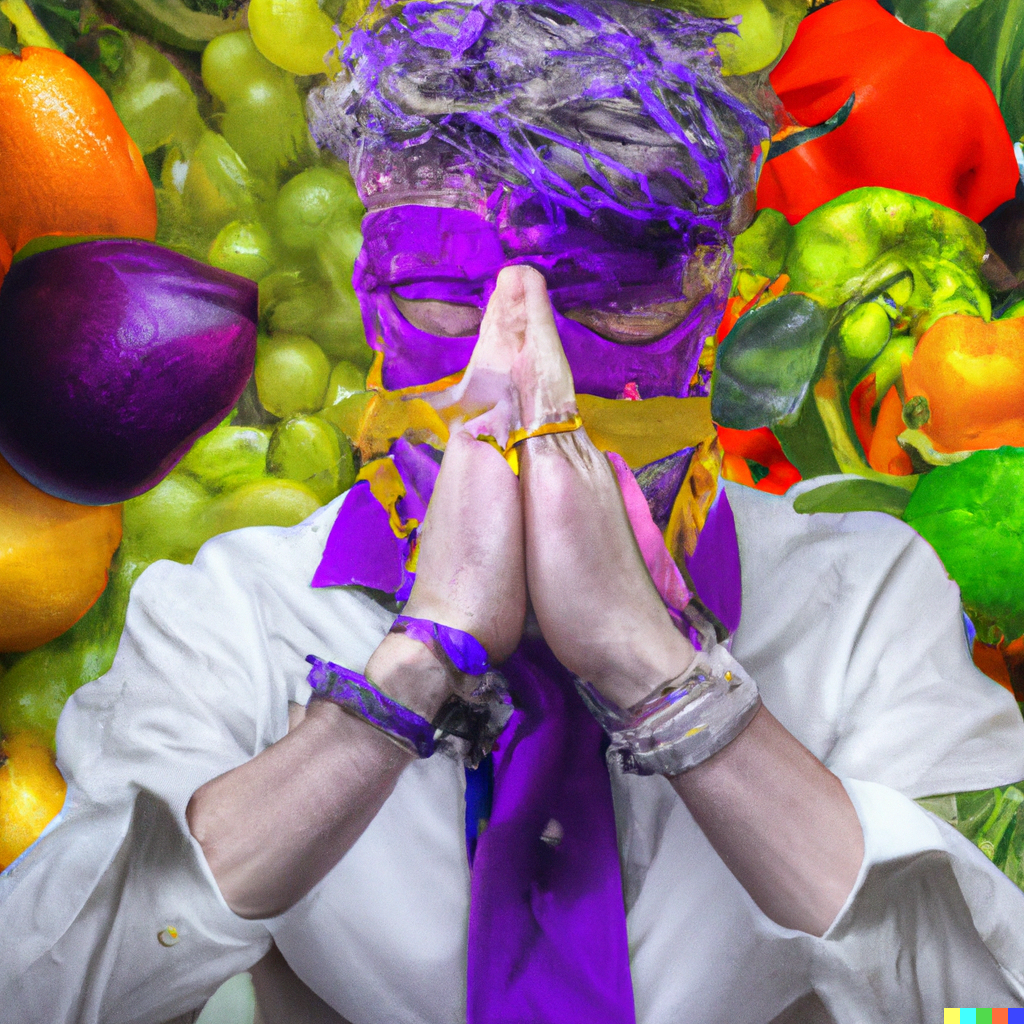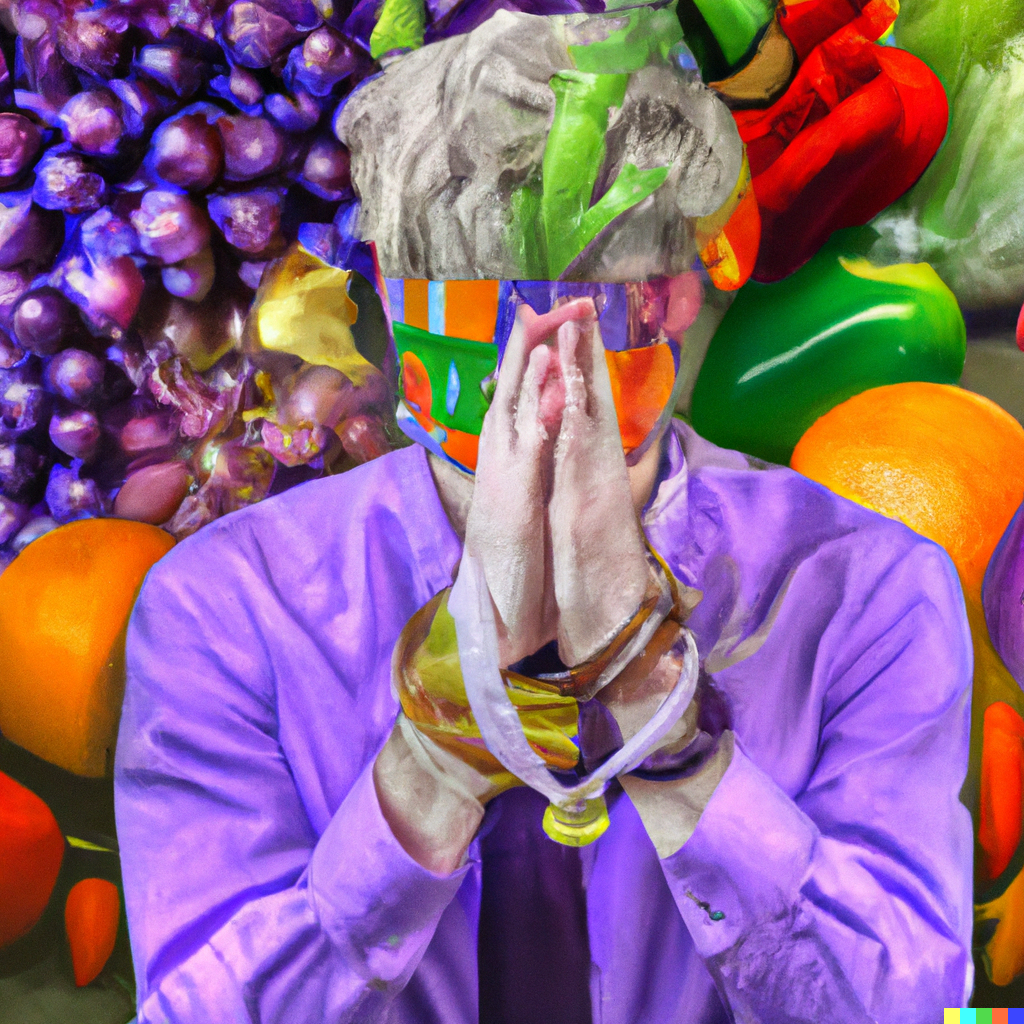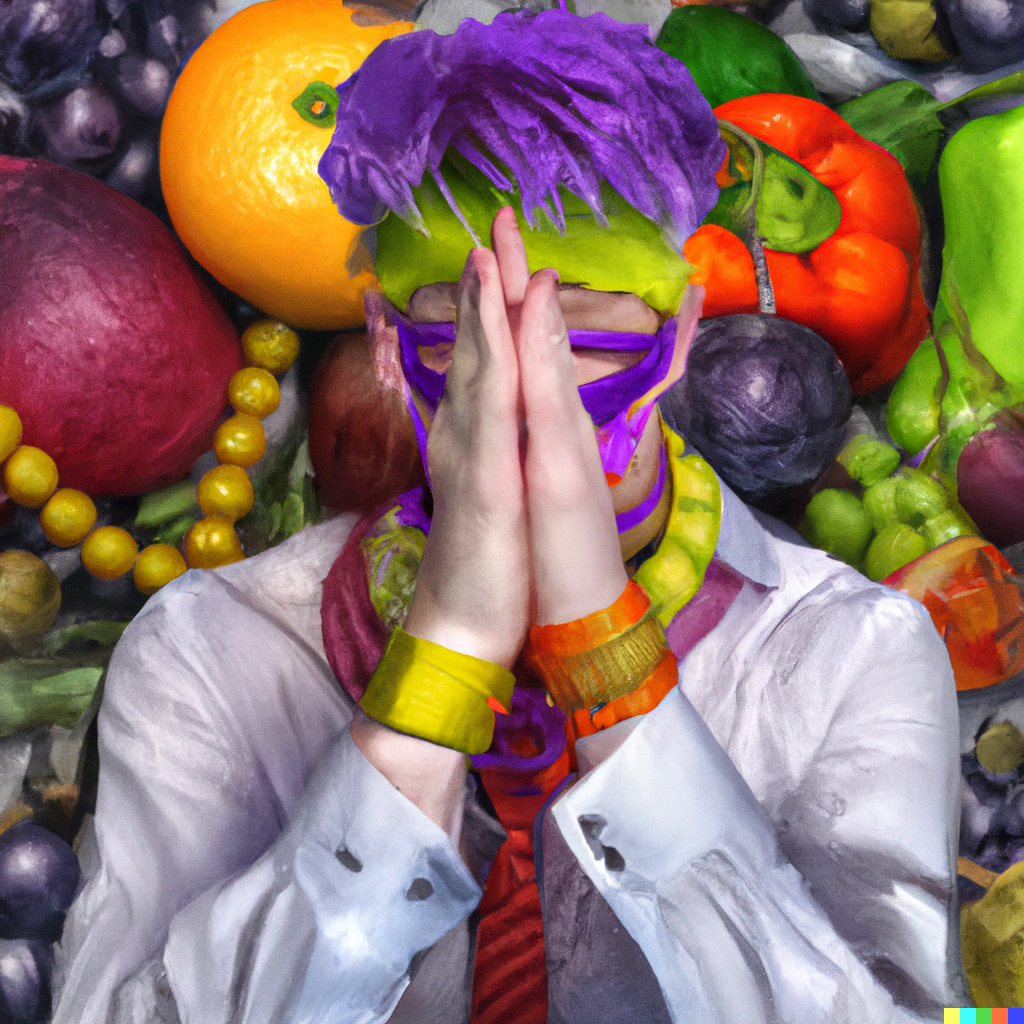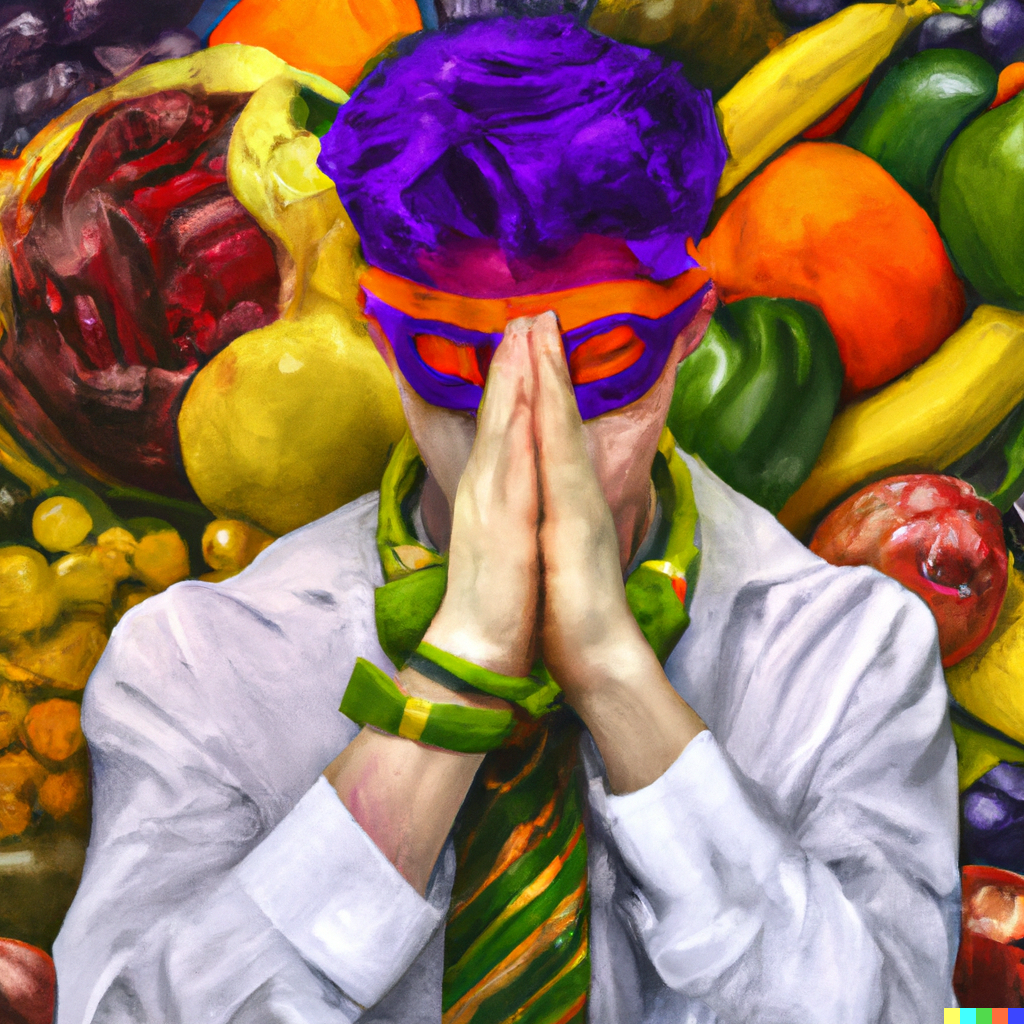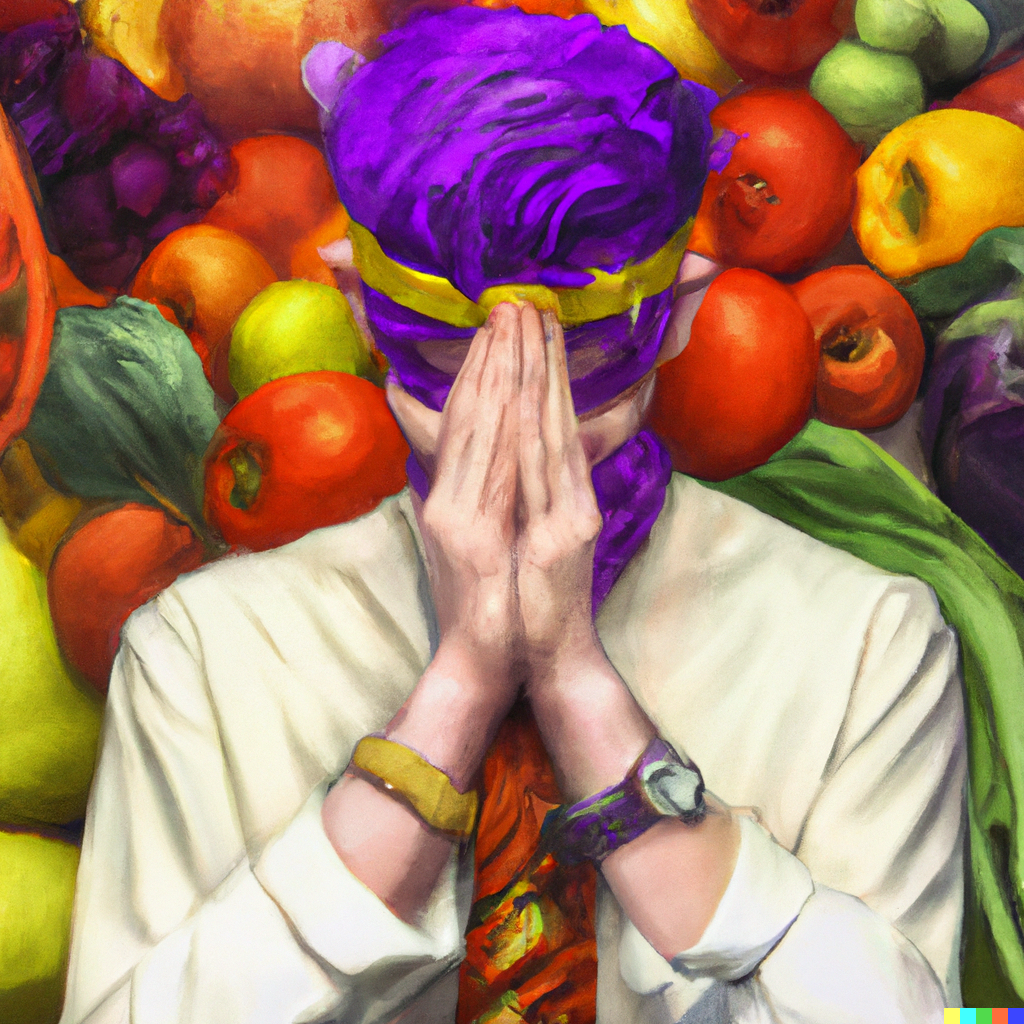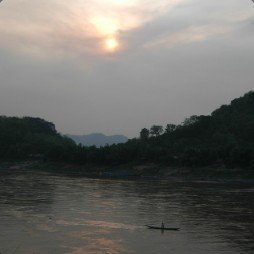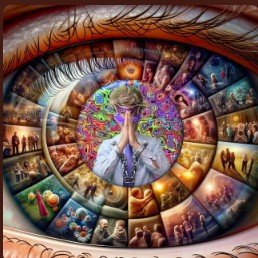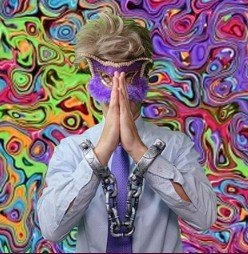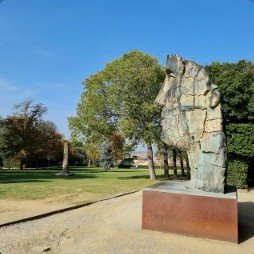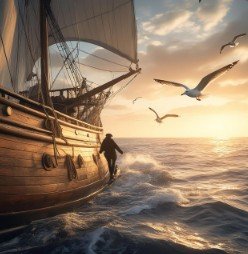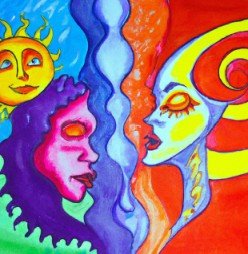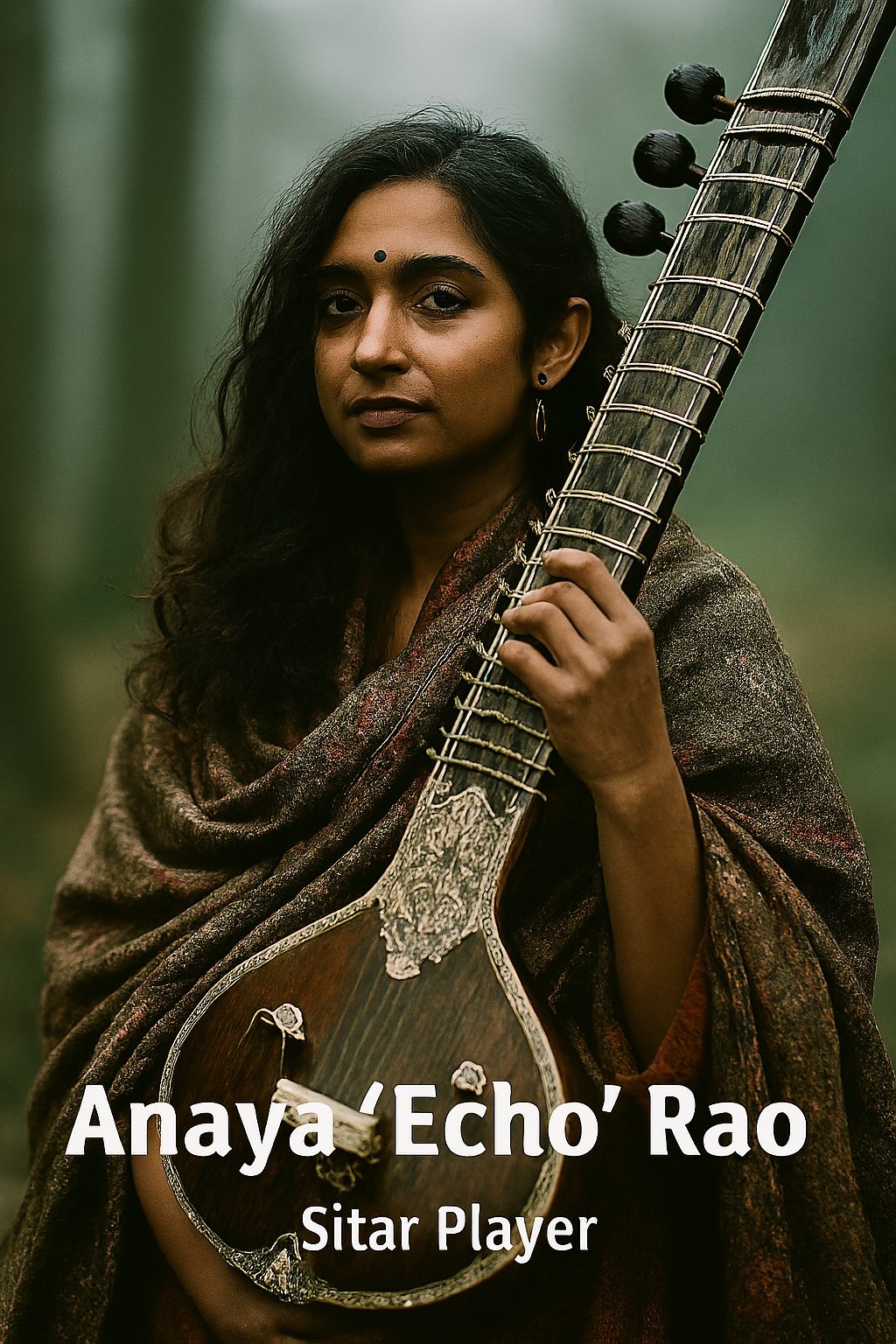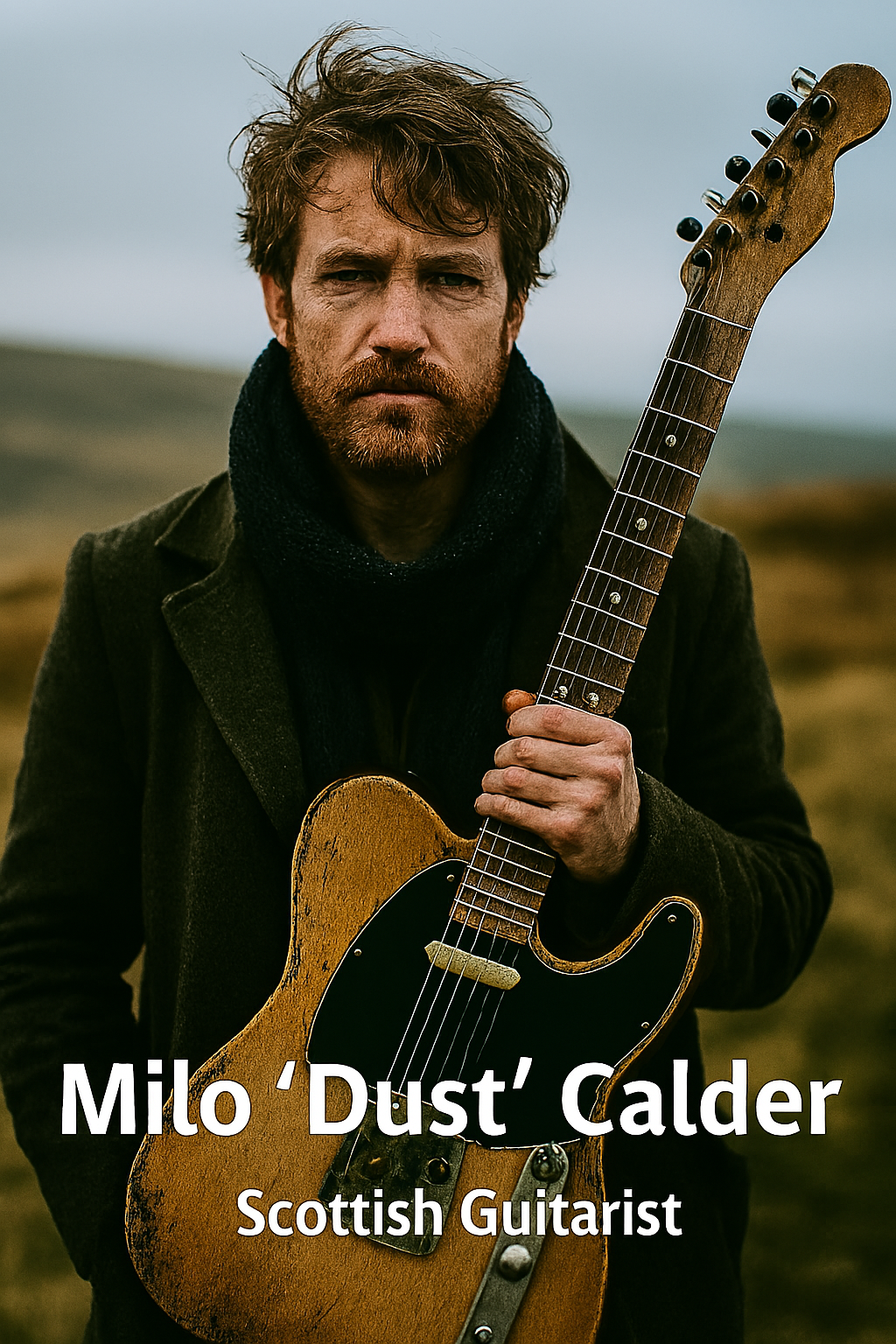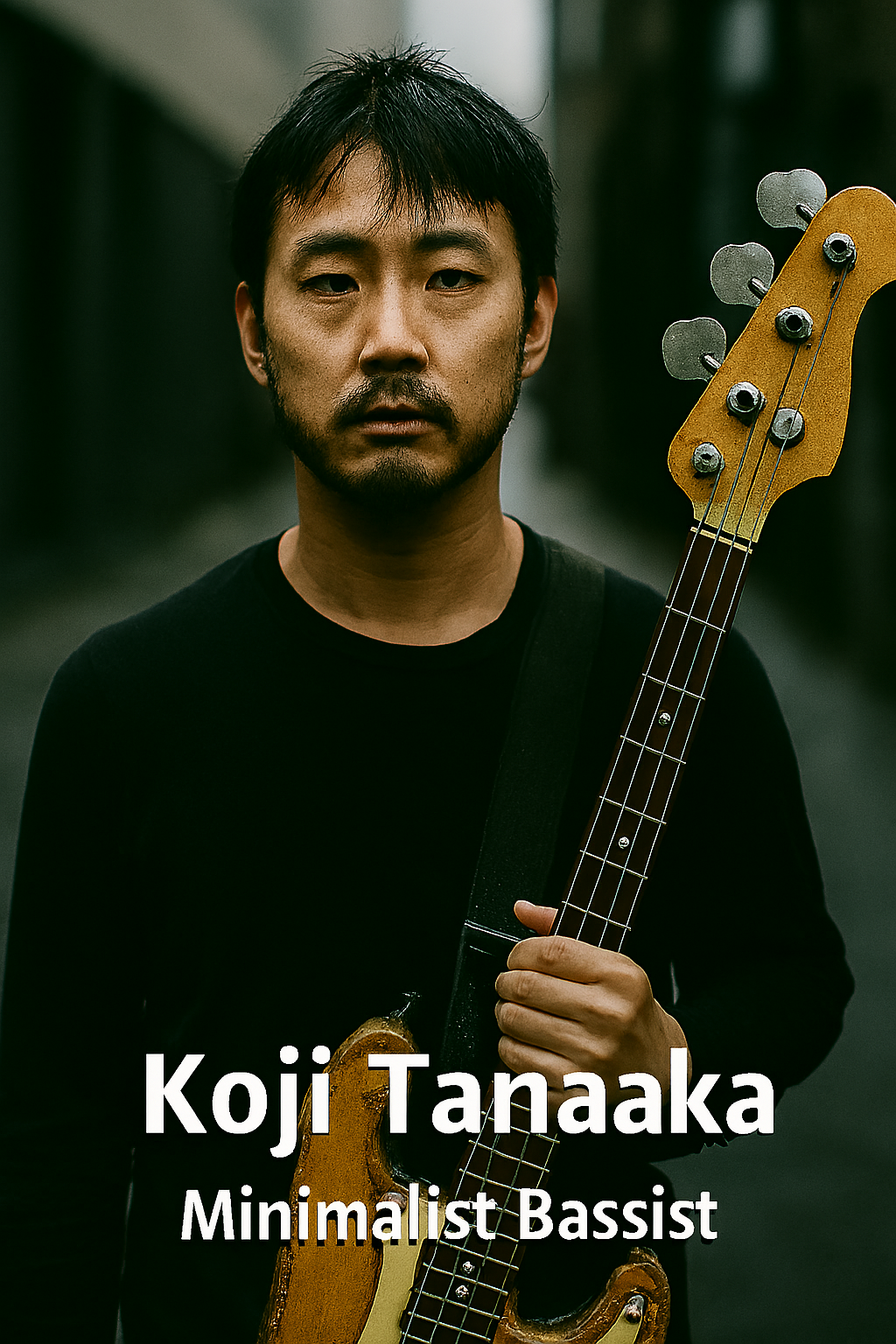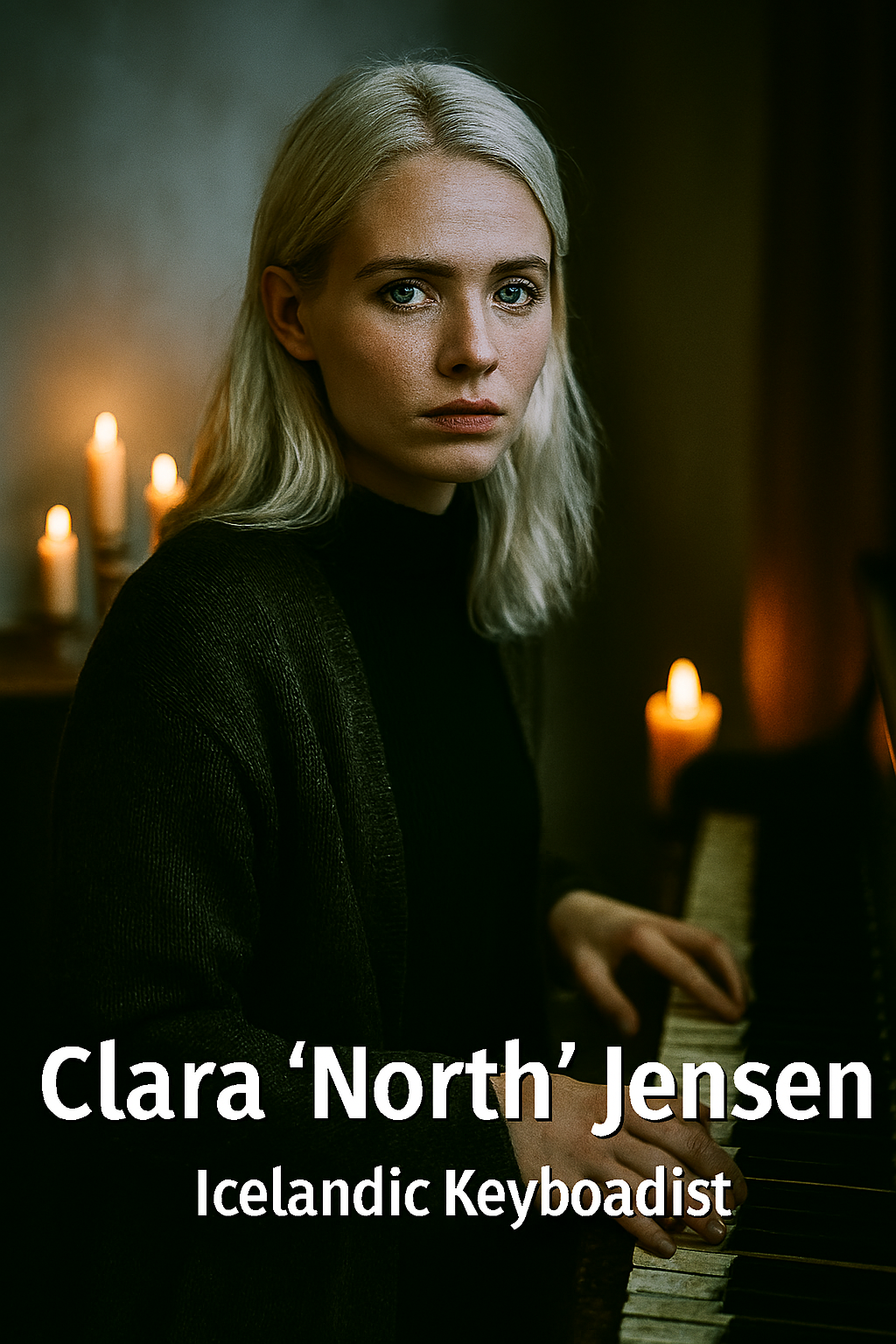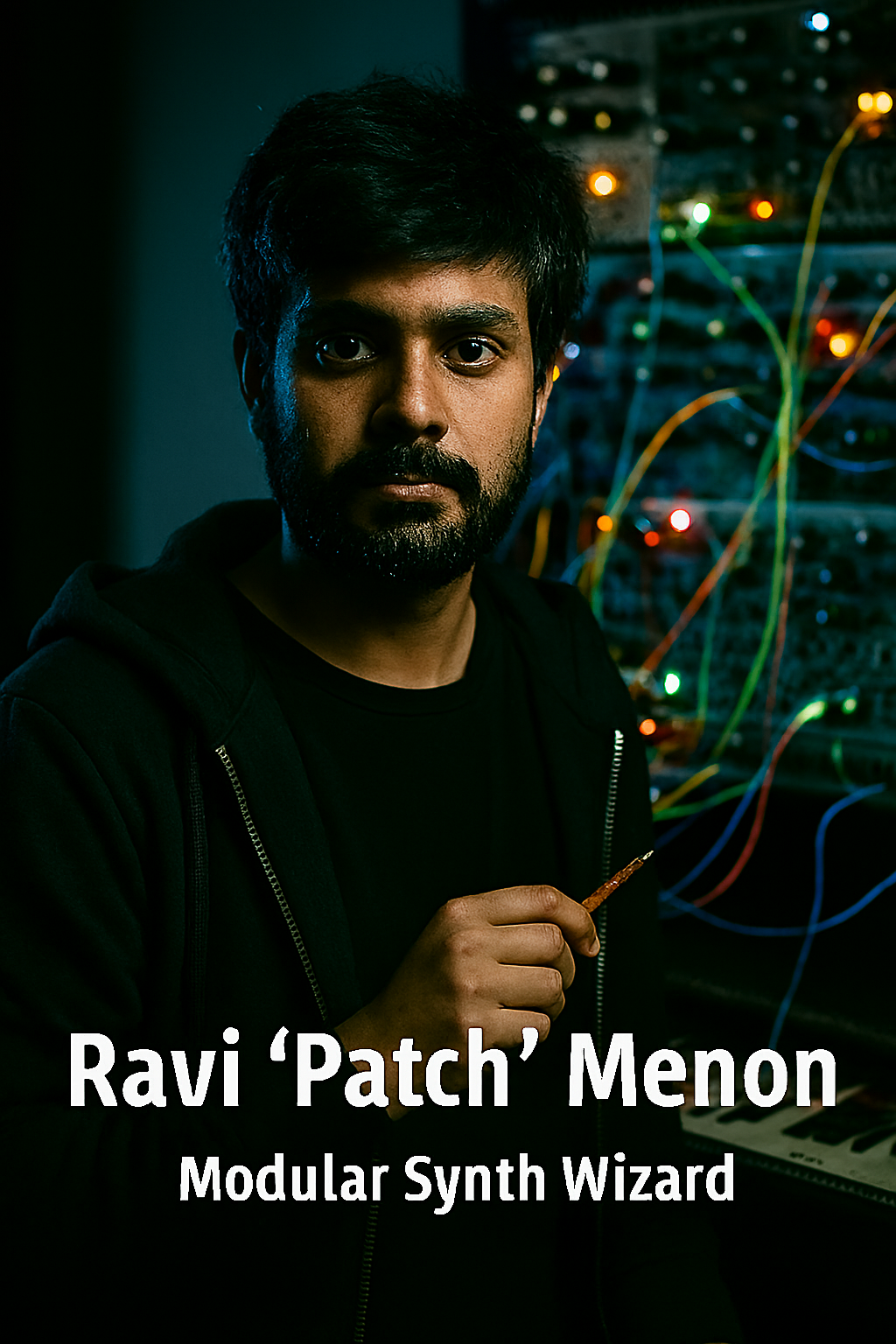Justin Wardrobe (JW)
A sonic wardrobe of emotions, memories, and myth
Justin Wardrobe (JW) was born from a moment of clarity in a foggy train cabin somewhere between Oslo and Istanbul. A former train driver with a penchant for whiskey and wandering thoughts, JW spent years drifting—both physically and emotionally. His Viking ancestry pulses through his music, not in brute force but in the quiet resilience of someone who's weathered storms at sea and in soul.
JW spent his early childhood in Beirut, where the scent of jasmine and diesel filled the air. When the war began, his family fled to Canada, settling first in the suburbs and later in Montreal, where JW discovered Leonard Cohen—not just the music, but the melancholy, the myth, the Montreal of shadows and snow.
The name "Wardrobe" was chosen not just for its literary resonance, but for its symbolism: a portal, a passage, a place where identities hang and stories wait to be worn. JW's music is a kind of sonic wardrobe—each track opens into a different emotional landscape, often tinged with surrealism, nostalgia, and myth.
That album was written during a year-long overland journey from Singapore to Morocco, with ship passages across the Black Sea and the Mediterranean. The songs are steeped in the unpredictable rhythm of travel—sometimes structured, sometimes chaotic, always searching.
